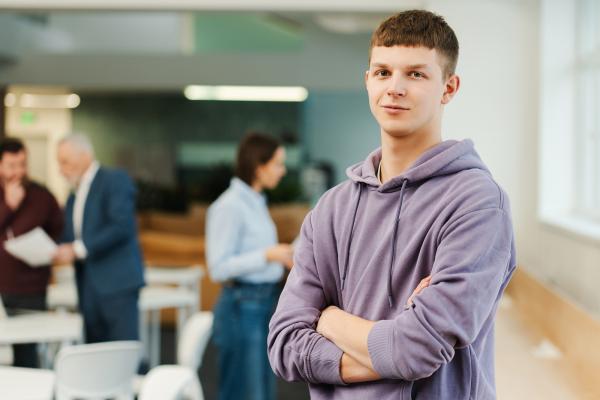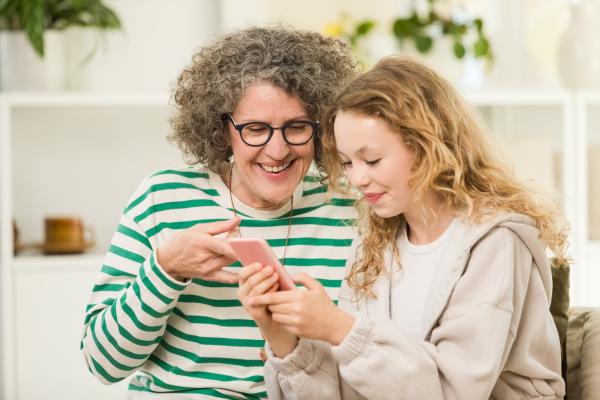As we reach the one-year anniversary of the Labour Government taking office, our team has analysed Hansard, the official record of all parliamentary debates, revealing the depth and breadth of parliamentary engagement on issues that matter most to us.
We have chosen to focus on the areas adoption, fostering, kinship care, supported lodgings, Special Guardianship Orders (SGOs), domestic abuse, loneliness and child poverty, because these are the issues at the heart of our work and mission at Home for Good and Safe Families.
Over the past 12 months, MPs and Peers have debated, questioned and scrutinised policies affecting the lives of thousands of children and families across the UK. These issues have been raised nearly 2,000 times, with contributions from 412 MPs and 180 Peers. That’s an average of more than five discussions for every day Parliament was sitting.
And while the numbers themselves are striking, they tell an even bigger story, that issues facing children and families remain firmly on the parliamentary agenda.
Who’s speaking up?
Labour MPs, who make up a sizable majority in the House of Commons, made 977 contributions on topics affecting the children and families we support. This accounted for 67% of all Commons contributions on these issues. They also had a high proportion of their MPs engaging, with 72% speaking at least once on these topics.
Despite having far fewer MPs, the Liberal Democrats made 251 contributions, driven by highly active members such as Munira Wilson MP, their spokesperson for Education, Children and Families. She has contributed 66 times in total, speaking on issues such as kinship care (22), adoption (9), child poverty (13), and fostering (7), among others.
Conservative MPs contributed 225 times, making up only 16% of all Commons contributions on these topics, despite holding 35% of seats. While their engagement was less frequent, it was broad, with 78% of Conservative MPs speaking at least once on the topics we care about. Newly elected Rebecca Smith MP made a significant 18 contributions, covering adoption, fostering and Special Guardianship Orders (SGOs).

What about the Lords?
Peers also played a significant role in the House of Lords. Labour Peers made 158 contributions, accounting for 44% of the total, with 28% of their Peers participating. Conservative Peers made 124 contributions (34%), with 19% taking part. Liberal Democrat and Crossbench Peers together made 78 contributions (22%), with a smaller proportion participating at 13%. The most contributions came from Baroness Lister (Labour) with 16 contributions. While Baroness Berridge (Conservative) and Baroness Tyler (Liberal Democrat) each made 14 contributions.

Topic Breakdown Across Both Houses
Kinship Care - MPs and Peers spoke about kinship care 220 times, with the Children’s Wellbeing and Schools Bill driving a significant proportion of these contributions.
Adoption – There were 131 contributions focused on adoption, often highlighting concerns about the Adoption and Special Guardianship Support Fund (ASGSF).
Fostering - Discussed 124 times, fostering was mentioned frequently during debates, also driven by the Children’s Wellbeing and Schools Bill.
Domestic Abuse – There were 572 contributions, representing nearly one in three of all discussions on these children and family-related issues.
Child Poverty – Similarly, a significant proportion of contributions (548) were made on child poverty.
Special Guardianship Orders –This was mentioned directly just 21 times during the first year of the Labour Government.
Supported Lodgings - Appeared 5 times, mostly driven by the work of Home for Good & Safe Families advocating for the strengthening and expansion of this provision.
Loneliness – Had just 23 contributions, despite being an issue impacting thousands across the country.
What issues are on the rise?
The introduction of the Children’s Wellbeing and Schools Bill was the biggest driver of debate, reigniting renewed focus on kinship care and fostering in particular. Domestic abuse remained a key issue across parliament, highlighting that keeping children safe is a significant concern.
Supported lodgings, too, began to gain traction. Our own report, The Voices of Supported Lodgings, helped bring this key but often overlooked provision into parliamentary debates. It was mentioned 5 times over the past year, more than any other year in Parliament.
Why does this matter?
Every question asked, every speech given and every bill scrutinised helps keep the needs of children and families visible and builds momentum for lasting change. The past year shows that while there’s still a long road ahead, there is growing political will across parties to address the challenges children and families face.
At Home for Good and Safe Families, we’ll continue to work with parliamentarians to keep these issues at the top of their agenda. When MPs and Peers speak up for children, they don’t just influence debates, they can change lives and help create a society where no family feels alone, and every child has a home where they can flourish.











